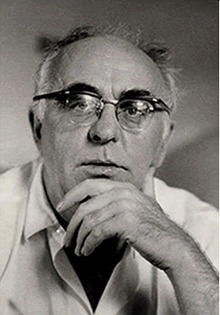A Quote by Charles Olson
And all now is war
where so lately there was peace,
and the sweet brotherhood, the use
of tilled fields.
Related Quotes
Throughout history civilian populations and political rulers have talked of peace. We have never been free of war. The soldier, whose profession is war, understands that peace must be enforced by superior military might. The certainty of defeat is the only effective deterrent we can use to maintain peace. Furthermore, we can be strong without being aggressive.
The twentieth century had dispensed with the formal declaration of war and introduced the fifth column, sabotage, cold war, and war by proxy, but that was only the begining. Summit meetings for disarmament pursued mutual understanding and a balance of power but were also held to learn the strengths and weaknesses of the enemy. The world of the war-or-peace alternative became a world in which war was peace and peace war.
We used to have a War Office, but now we have a Ministry of Defence, nuclear bombs are now described as deterrents, innocent civilians killed in war are now described as collateral damage and military incompetence leading to US bombers killing British soldiers is cosily described as friendly fire. Those who are in favour of peace are described as mavericks and troublemakers, whereas the real militants are those who want the war.
It may seem sometimes as if a culture of peace does not stand a chance against the culture of war, the culture of violence and the cultures of impunity and intolerance. Peace may indeed be a complex challenge, dependent on action in many fields and even a bit of luck from time to time. It may be a painfully slow process, and fragile and imperfect when it is achieved. But peace is in our hands. We can do it.
So a war begins. Into a peace-time life, comes an announcement, a threat. A bomb drops somewhere, potential traitors are whisked off quietly to prison. And for some time, days, months, a year perhaps, life has a peace-time quality, into which war-like events intrude. But when a war has been going on for a long time, life is all war, every event has the quality of war, nothing of peace remains.






































